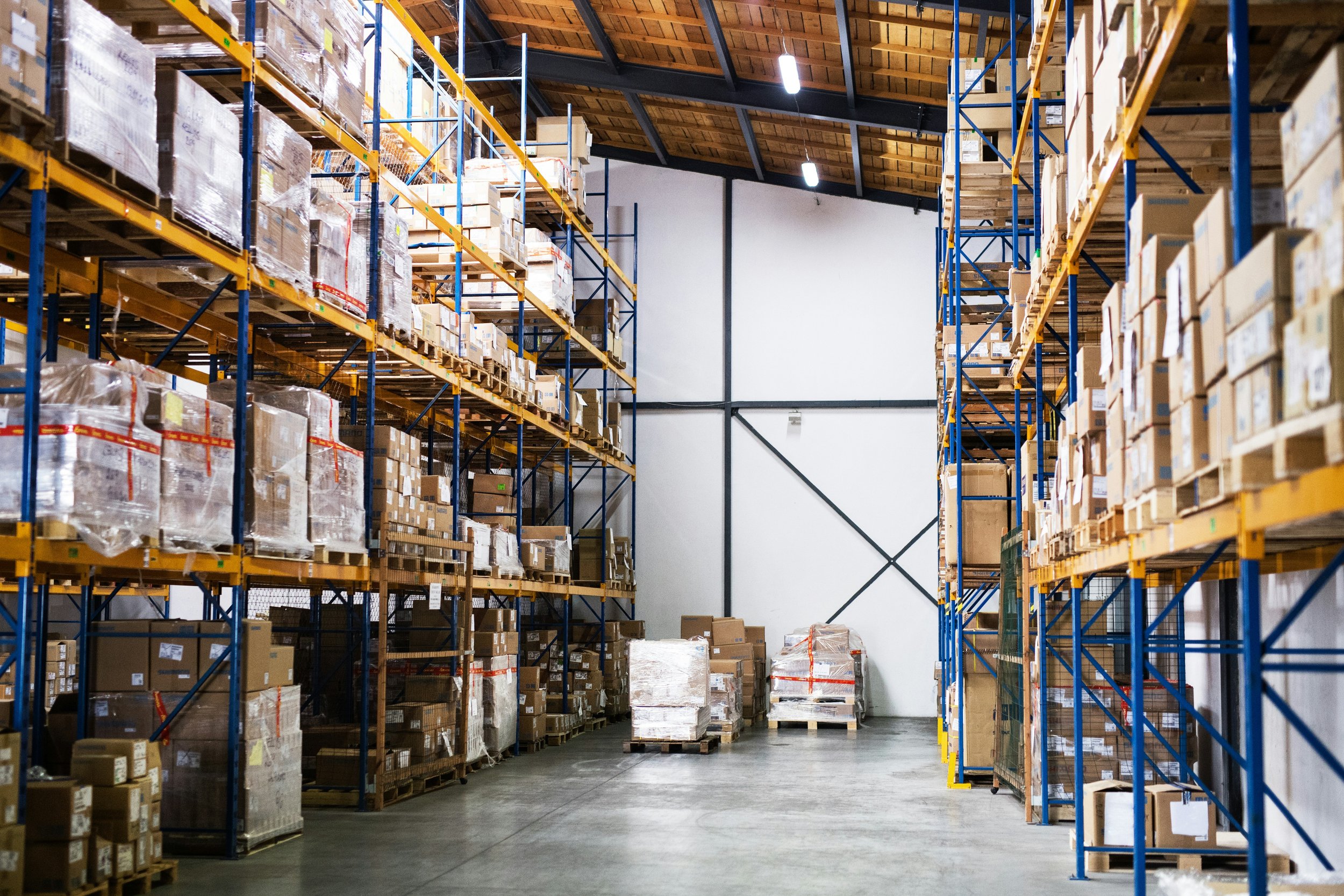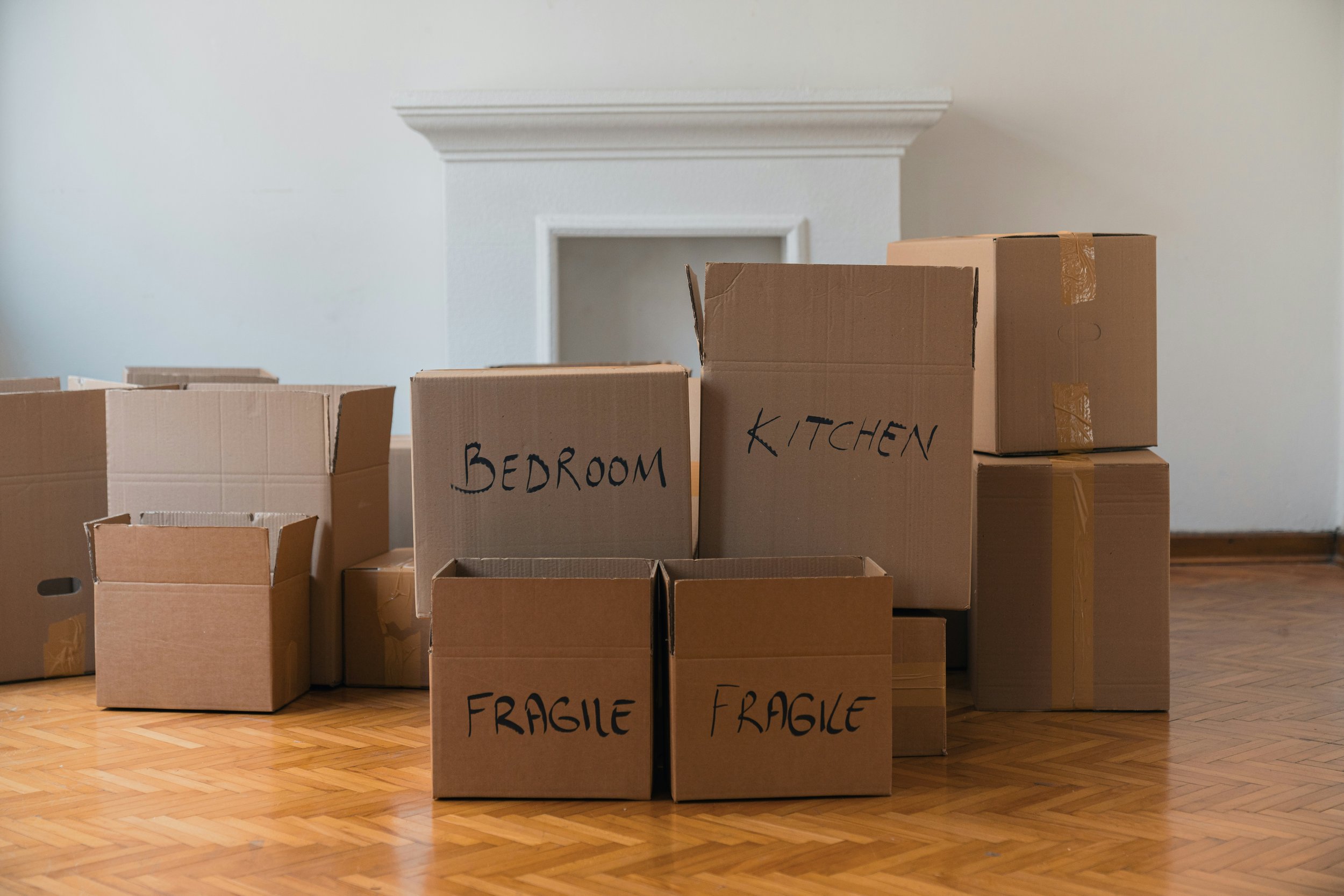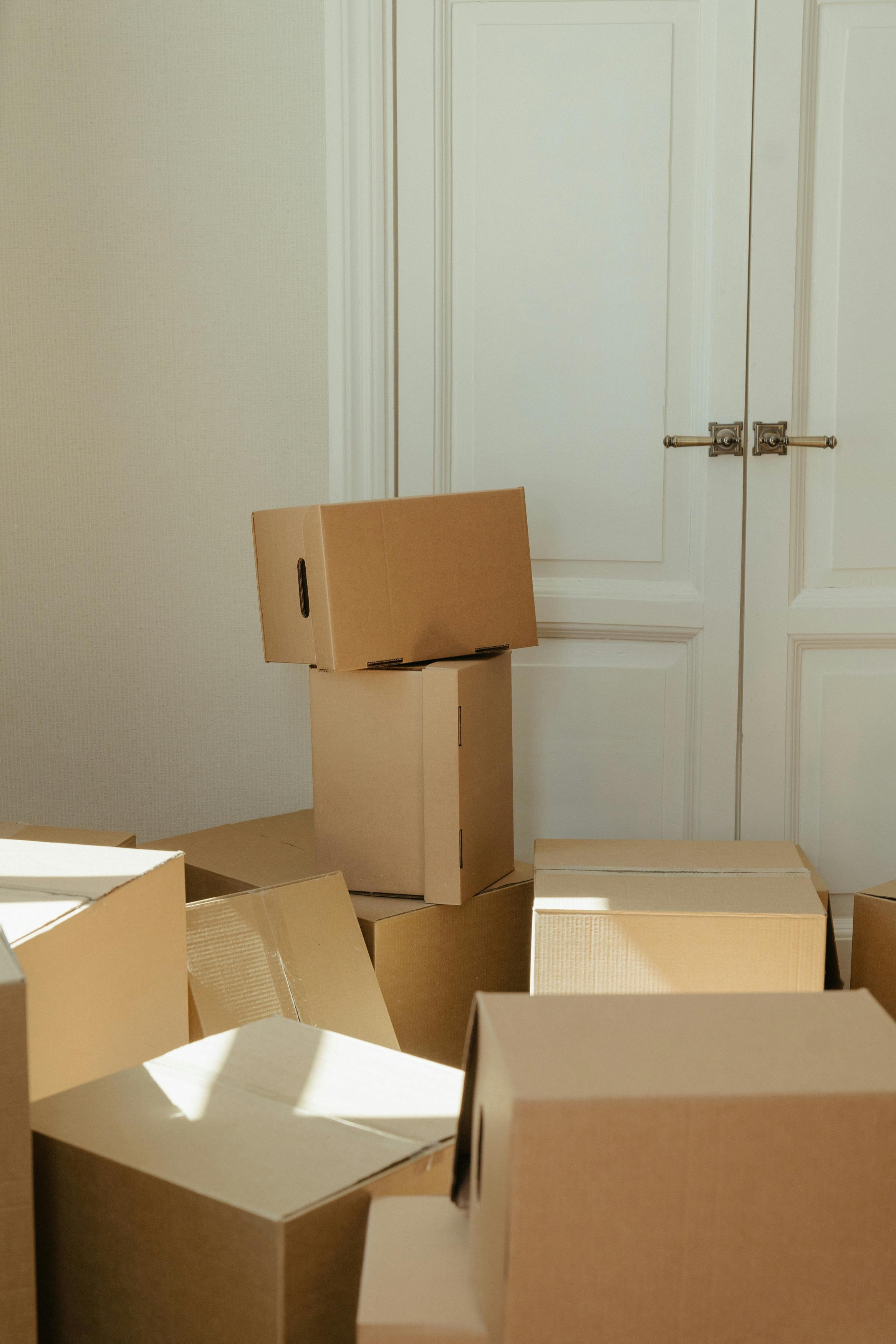Hidden Moving Costs You Might Be Overlooking (And How to Avoid Them)
Uncover hidden moving costs you might be overlooking and learn how to avoid unexpected expenses for a budget-friendly move.
Moving to a new home is an exciting new chapter but also an expensive process. Many people focus on the obvious costs, such as hiring professional movers or renting a truck, without considering the hidden expenses that can add up quickly.
From last-minute packing supplies to cleaning fees and utility disconnections, several unexpected costs could catch you off guard. By planning ahead and understanding these hidden costs, you can avoid financial surprises and make your move as smooth as possible.
Packing Supplies
One of the most significant overlooked expenses in moving is packing materials. While it's easy to assume you can grab a few boxes from a local store or rely on what you have at home, the reality is that you'll likely need more than you expect. Boxes, bubble wrap, packing paper, and tape are just the beginning.
Depending on the size of your move and the fragility of your items, you might need specialty packing materials like wardrobe boxes for hanging clothes, furniture pads to protect large items, or even storage bins for seasonal belongings. Buying new packing materials can be costly, but you can avoid overspending by seeking free boxes from local stores, online marketplaces, or friends and family.
Consider renting reusable packaging or plastic bins instead of purchasing disposable cardboard boxes, which can be more eco-friendly and cost-effective in the long run. Reusable packaging eliminates the need for recycling or remanufacturing single-use packaging, cutting CO2 (greenhouse gas) emissions by as much as 60%.
Cleaning Fees
Whether renting or selling your home, cleaning fees can sneak up on you. Many landlords require that tenants leave the property in pristine condition, and failure to do so may result in deductions from your security deposit.
Similarly, if you're selling your home, you may need to invest in professional cleaning services to ensure the space looks its best for potential buyers. Even if you plan on cleaning yourself, you'll still need cleaning supplies, which can add up quickly.
Read your lease or sales agreement for any cleaning stipulations to avoid unexpected cleaning costs. If you're renting, ensure you do a deep clean before moving out, or hire a professional cleaning service in advance to avoid a surprise fee. If you own your home, budget for experienced cleaners, especially if you're preparing the property for sale.
Utility Disconnections and Reconnections
One of the most easily overlooked moving expenses is disconnecting and reconnecting utilities. Electricity, water, gas, internet, and cable services may charge fees to disconnect your services at your old home and reconnect them at your new one. These fees can be especially high if you miss the scheduled disconnections or reconnections window.
To avoid utility-related costs, contact your service providers well in advance to schedule disconnections and reconnections. Many companies offer free disconnections but may charge for reconnection or special requests.
Keep track of any outstanding utility bills to ensure you're not charged for services you no longer use. When setting up services in your new home, inquire about any installation fees or deposits that may apply.
Storage Costs
Moving often means you may need to store some of your belongings temporarily, whether due to closing delays, limited space in your new home, or simply needing time to organize. Renting a storage unit can be a great solution, but it's essential to remember that these costs can quickly add up. Monthly rental fees for storage units vary depending on the size, location, and amenities, and they can become a significant additional cost during your move.
To avoid overpaying for storage, minimize the amount of stuff you move by decluttering before the big day. If you need storage, consider booking a unit well in advance to lock in a better rate.
Alternatively, look into free or cheaper alternatives such as temporary storage at a friend's house or utilizing your garage for short-term storage.
Last-Minute Movers and Equipment Rentals
Another hidden moving cost is the potential need for additional help or equipment. It's common for moving plans to change unexpectedly, and you might need last-minute movers or extra equipment, such as dollies or moving blankets. Professional moving companies often charge a premium for last-minute bookings, and equipment rentals can be surprisingly costly for just a few hours.
To avoid these expenses, plan your move in advance and reserve equipment or extra movers as early as possible. If you're moving alone, ask friends or family for assistance to save money on additional moving services. Consider renting moving equipment from local stores, as they offer more affordable options than the moving company you hire.
Temporary Housing and Travel Costs
Sometimes, moving to a new home isn't as simple as packing up and heading to the new location. If there are delays in your move-in date, you may need to find temporary housing, which could add to your costs. This could include staying in a hotel, renting a short-term apartment, or even paying for travel expenses if you're moving long-distance. These costs can catch you off guard if you haven't factored them into your moving budget.
Try to plan your move so there's a seamless transition between your old and new homes. If you must find temporary housing, consider budget-friendly options, such as short-term rentals or staying with friends and family. If you're moving long-distance, research travel discounts or consider using a personal vehicle instead of booking flights.
Unforeseen Repairs and Maintenance
As you prepare your home for a move, you might realize that certain repairs or maintenance tasks must be done. Whether fixing a leaky faucet, replacing worn-out carpets, or patching up holes in the wall, these unforeseen expenses can quickly add up. Failure to address these issues if you're renting can lead to hefty fees deducted from your security deposit. If you're selling your home, making necessary repairs can help boost your sale price and prevent negotiations from stalling.
Conduct a walk-through of your home several weeks before moving out to identify any potential repairs. If you are selling your home, consider budgeting for minor repairs. If you're renting, ensure that you fulfill any maintenance requirements to avoid charges from your landlord.
Emergency Expenses
Some moving costs are sudden and unavoidable. A flat tire on the moving truck, last-minute repair fees, or unexpected travel delays can pop up when you least expect it. If you don't have enough savings to cover these unforeseen expenses, it can create financial stress. One option to consider is applying for a line of credit through a reputable financial institution like CreditFresh, which can provide the funds you need to cover unexpected costs without derailing your entire moving budget.
While it's always ideal to have a savings cushion for emergencies, having access to a line of credit can give you peace of mind and financial flexibility when you encounter unexpected moving costs. Just be sure to borrow responsibly and only for necessary expenses to avoid getting into unnecessary debt.





























